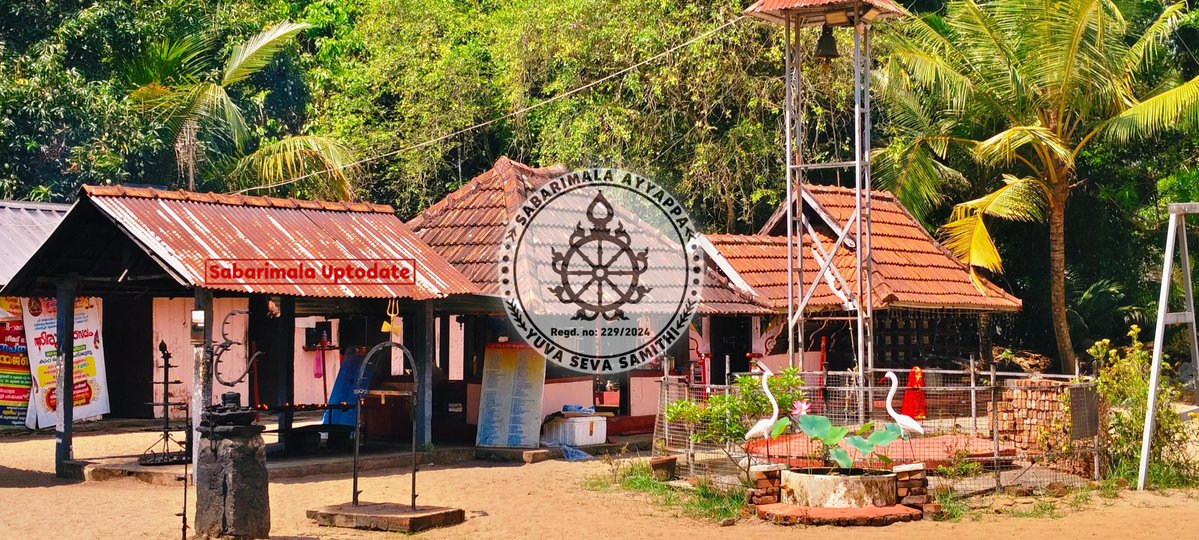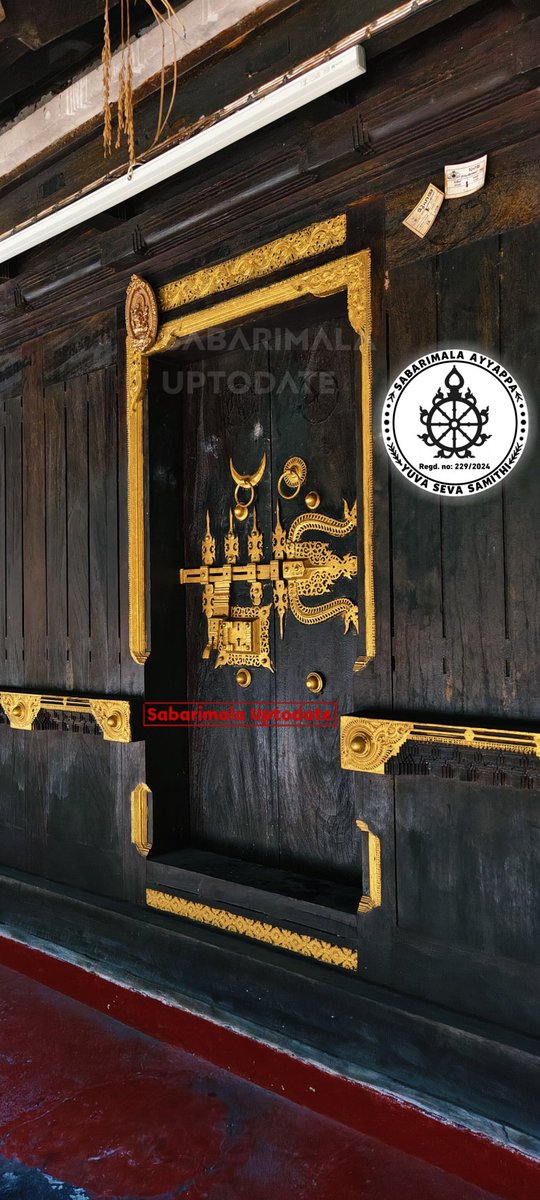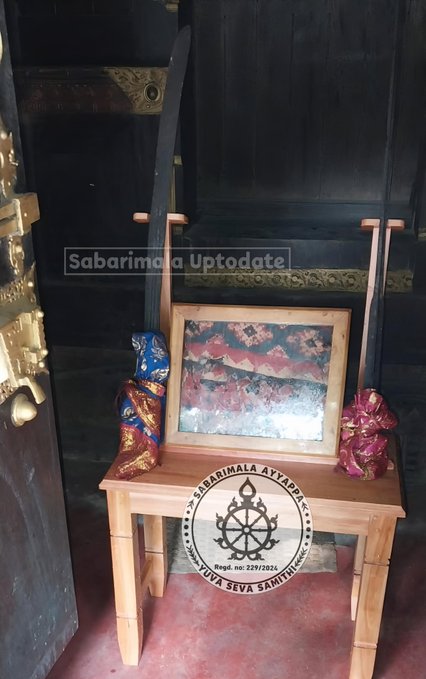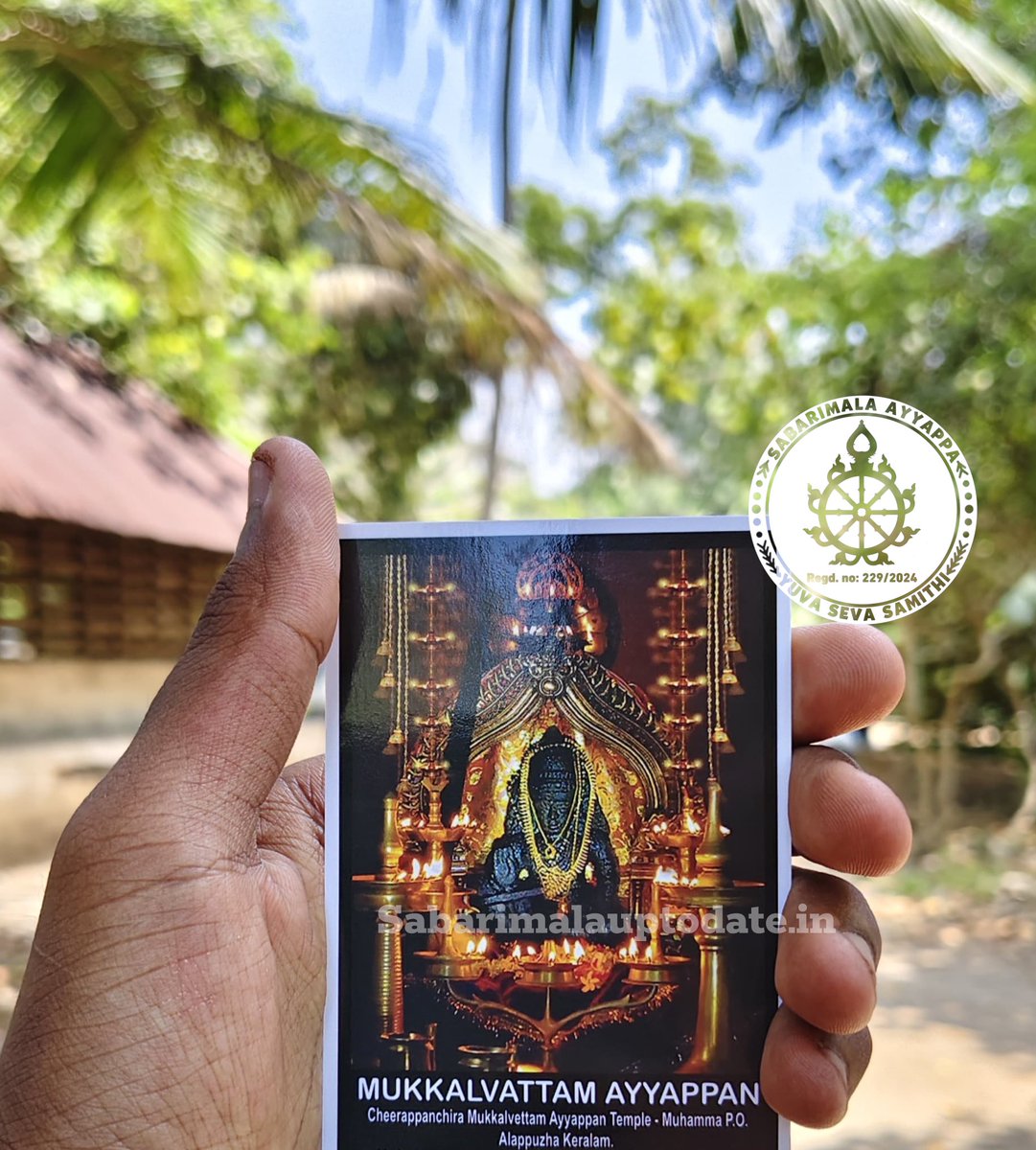About Cheerappanchira
About Cheerappanchira
आर्यः केरलसंभूतः पूणाम्बलशिखेरगः॥
यः तत्र प्रकाशते नित्यं शबरीनाथ ईश्वरः॥
Ārayan saṁbhūtaḥ pūṇāmbalaśikheragaḥ॥
Yaḥ tatra prakāśate nityaṁ śabarīnātha īśvaraḥ॥
Latest Articles »
Cheerappanchira Mukkalvattam

through the “Thirupattaya Charthu” (Royal Decree), granted the Cheerappanchira family the hereditary right to conduct the fireworks offerings at Sabarimala. This right was upheld in a legal battle.
" We can see here the original idol form of Lord Ayyappa at Sabarimala, which was replaced in 1908."
Located in Muhamma, in the Cherthala Taluk of Alappuzha (Allepey) district, Mukkal Vettom Temple is deeply intertwined with the History of Lord Ayyappa and the ancient martial traditions of Kerala. This revered temple, associated with the Cheerappanchira family and their Kalari (martial arts school), holds a unique place in the spiritual and cultural landscape of Sabarimala devotion.
Lord Ayyappa received training in Kalaripayattu, the traditional martial art of Kerala, from the Cheerappanchira family. The family, renowned martial arts masters of the Karappuram region (around Muhamma). Under the guidance of the family’s Mooppan (Guru), Ayyappa mastered the martial discipline.
More information Avaialble in ARAYAN Book



The sacred sword and the 'Veeralippattu' (warrior's attire) of Lord Ayyappa are preserved in the Kalari (traditional training arena). On the auspicious day of Mandala Pooja (November) and Vilakku Festival, special rituals are performed at this site. Following Makara Sankranti, the temple is ceremoniously closed. This revered temple is also known by the name Chettoor Kavu.
Travel Guide to Cheerappanchira
Plan your visit to the Mukkal Vettom Temple in Muhamma, Alappuzha. The temple is accessible via NH66, approximately 10 km from Cherthala railway station. Regular Private buses and taxis operate from Alappuzha city & Cherthala. Temple timings are Wednesday and Saturday, 5:00 AM–12:00 PM and 5:00 PM–8:00 PM.
Accommodation options include budget hotels and homestays in Alappuzha and Cherthala.
